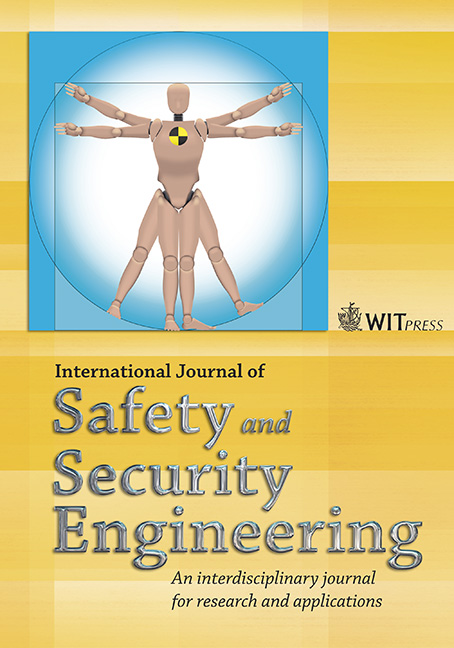IN THE WAKE OF WINSTON – CLIMATE CHANGE, MOBILITY AND RESILIENCY IN FIJI
Price
Free (open access)
Volume
Volume 7 (2017), Issue 2
Pages
11
Page Range
157 - 168
Paper DOI
10.2495/SAFE-V7-N2-157-168
Copyright
WIT Press
Author(s)
A. ROWAN GARD & JOELI VEITAYAKI
Abstract
When tropical cyclone Winston hit Fiji on 20 February 2016, it became the strongest storm recorded in the southern hemisphere and the second strongest storm ever recorded in the world. Forty-four people died as a result of the superstorm, and the ongoing governmental recovery plans have estimated nearly three billion Fijian dollars (£1.1 billion) in damages. Fijian Prime Minister Frank Bainimarama, in a national address following Winston, stated ‘almost no part of our nation has been left unscarred’. This paper explores the adaptation measures for extreme weather and climate change in Fiji following Winston, as well as the author’s experiences both as a survivor of Winston and as a volunteer aid-relief worker living in Suva, the Fijian capital, at the time of the superstorm. Notably, Winston struck 5 days after Fiji became the first nation to ratify the United Nations Climate deal agreed to by 195 nations in Paris in December 2015. Many Pacific island nations have played a vital role in leading the global dialogue on climate change. In the lead up to the Paris summit, Prime Minister Bainimarama, stressed that ‘unless the world acts decisively in the coming weeks to begin addressing the greatest challenge of our age, then the Pacific, as we know it, is doomed.’ This is undoubtedly true and a global response is desperately needed, but equally true is the importance for such a reaction to be a cultural and faith-integrated process across multiple scales, ranging from village and community to regional, in scope. One critical aspect of extreme weather and climate change response in the Pacific is migration. However, the impacts of migration include organizing, adaptation and urban poverty, a further source of vulnerability. Consequently, human mobility in response to extreme weather and climate change is far more complex than originally addressed and is deserving of deeper consideration.
Keywords
climate change, extreme weather, faith-based organisations (FBOs), fiji, mobility, resiliency, tropical cyclone Winston




